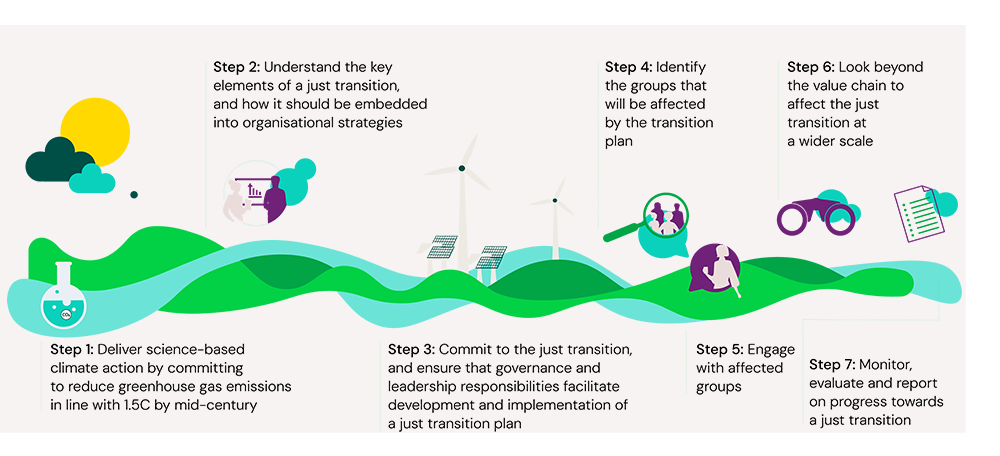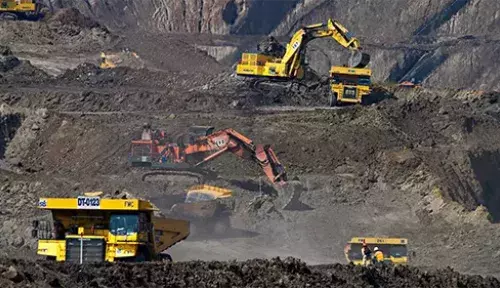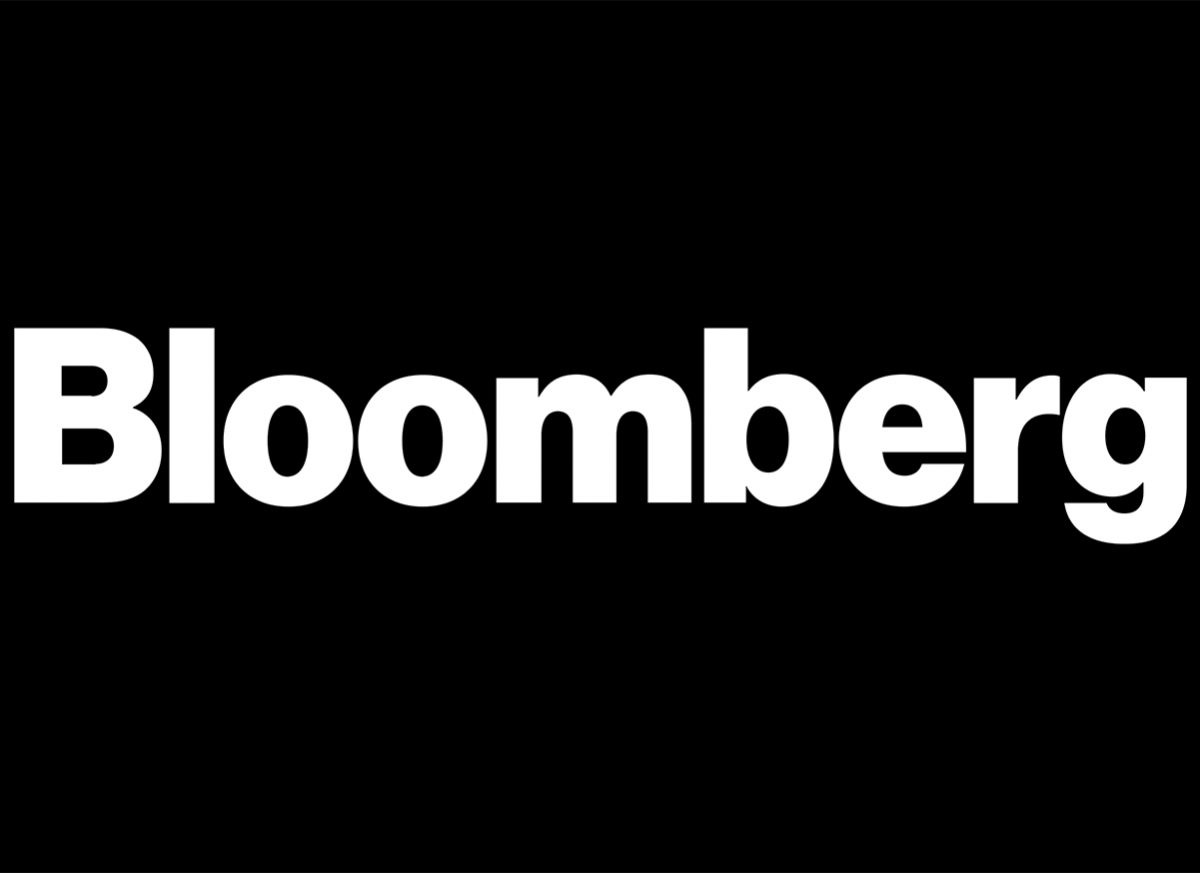Making corporate climate transitions work: business guidance for implementing just and equitable transition plans
In this Enterprise Brief, the authors outline how companies can integrate justice and equity into their climate strategies to ensure a just transition that supports long-term, socially sustainable net zero goals. They present a seven-step roadmap to help businesses identify and engage with groups affected by transition plans, co-create fair outcomes, and strengthen resilience.

Developed by the Oxford Net Zero Youth Advisory Board, this guidance emphasises procedural justice and highlights how a just transition risk can reduce risks, unlock opportunities, and build public support for climate action.
Research
Working collaboratively with partners in enterprise and academia, our research explores how to reach net-zero carbon emissions, the best options for sustainable cooling solutions and how to stimulate a regenerative economy.
We also support the transition to sustainable production in capital-intensive industries such as mining and construction, as well examining alternatives to reduce greenhouse gas emissions form the food system.
Water research
Our research focuses on reducing social inequalities – river water security in urban Asia, climate resilience in Africa and results-based funding for safe drinking water in rural Africa and Asia. We aim to make 10 million poor people in Africa and Asia water secure by 2024, and advance thinking on rural water finance to provide reliable water services for 100 million people by 2030.
Past projects
The interdisciplinary RISE project focused on designing integrated, practical and transferable strategies for the local SME renewable energy sector in Sub-Saharan Africa. Our work centred on two contrasting national case studies, in Uganda and Zambia.
Mumuni Singani, a spin-off from the RISE project, created an innovative concept that combines access to clean energy, irrigation systems, sustainable farming and agro-processing solutions in Singani, Zambia. The approach was developed in cooperation with local communities, especially the involvement of Women Self-Help Groups, with the aim of scaling-up the concept across other regions in sub-Saharan Africa.
Latest news
A US Brain Drain Doesn’t Benefit Anyone
Bloomberg spoke to Oxford Smith School Director Mette Morsing for this report on the global consequences of American academics leaving their country in response to Trump administration policies.
The Clean Energy Revolution Is Unstoppable
Doyne Farmer and Eric Beinhocker outline the technological and economic forces driving renewable energy globally - and why these will prove unstoppable even in the current political climate.
Sustainability ideals are often crushed by corporate demands. Here’s how businesses can let them flourish
New research from Mette Morsing, Smith School Director, explores the 'calling' of corporate sustainability managers to drive change - even when the very system that hires them often stifles social and environmental aspirations.
Events
Silent Storm: How can business schools find their climate voice?
Dr Bansal will imagine how business schools might catalyse climate action. Drawing on three decades of research in business sustainability.
Climate futures | Seminar series
This ground-breaking seminar series will flip the script on climate discourse, imagining a future where we overcome climate challenges and try to answer “what happens next” with current research and creative thinking.
The State of Carbon Dioxide Removal Report | Launch of 2nd Edition
Join us at the launch of the eagerly anticipated new edition of The State of Carbon Dioxide Removal– the independent, scientific assessment tracking the development of Carbon Dioxide Removal (CDR) globally.












